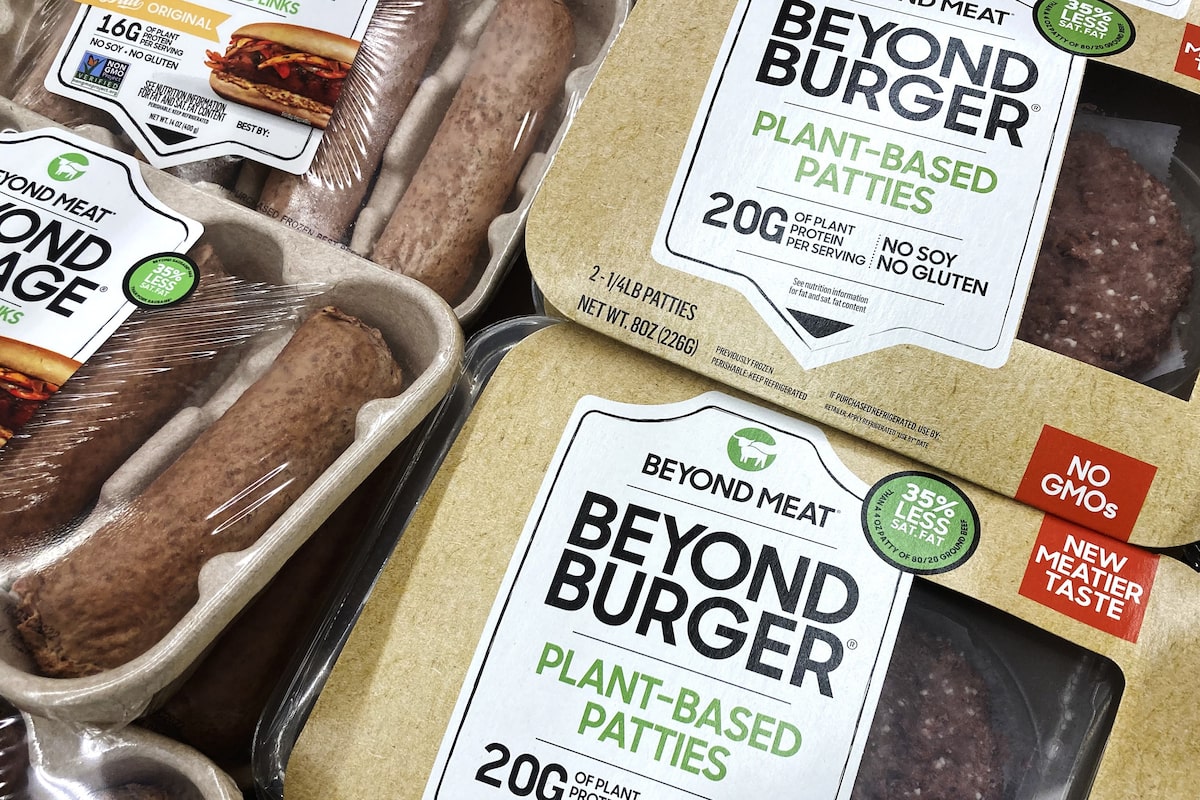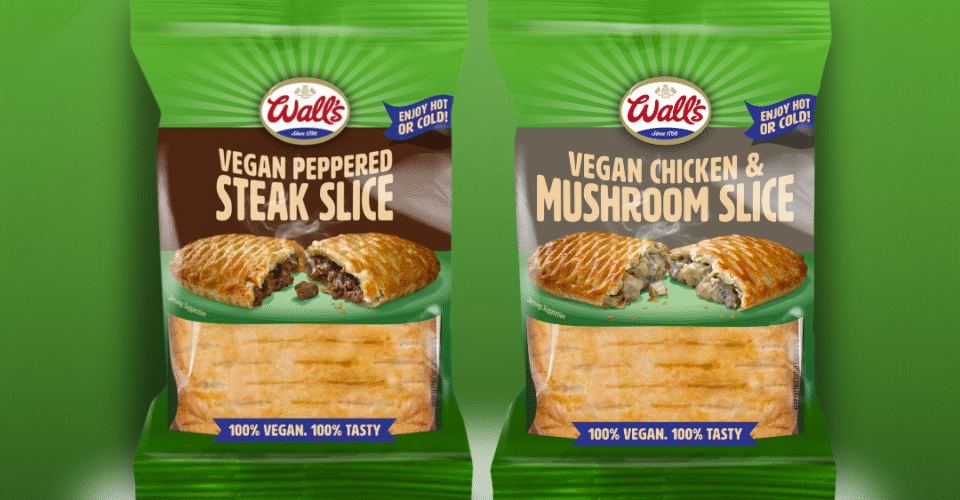Fading hype for the product category, stiffer competition, inflation and other factors have weighed on Beyond Meat since it went public in 2019.Nam Y. Huh/The Canadian Press
Three years ago, I took a look at Beyond Meat BYND-Q, the industry leader that made headlines for its meat-free burgers and helped kick off a plant-based frenzy. Back then, the ticker was trading around US$23, down roughly 90 per cent from its all-time high of US$240. As a contrarian investor interested in turnarounds, the name had caught my eye, but I quickly found it was not for me.
What had gone wrong? In a nutshell, investors had overpaid. After Beyond Meat’s initial public offering in 2019, the stock was full of hype and hope. The venture was going to revolutionize the way people eat, disrupt the food industry and slash the environmental impact associated with meat-heavy diets. This story drove shares to astonishing highs, and the market appeared to believe nothing could derail the company.
Unfortunately, between 2019 and 2022, the corporation went off the tracks. The hype evaporated, dilution undercut existing owners, and debt piled up. Top-line growth, new product launches and partnerships with the likes of McDonald’s were not enough to offset the massive bottom-line losses. Then, following the pandemic, supply chain issues and inflation cut into the business while rising interest rates took the possibility of more cheap debt off the table. Analysts started to focus on Beyond Meat’s growing competition, slowing sales and margin compression.
All told, three years ago the situation did not look good for Beyond Meat. Though the shares were well off their all-time highs and some argued it was a well-priced turnaround candidate, from our vantage, it was crying “value trap” as its growth prospects waned and its balance sheet weakened.
Has the situation improved since 2022?
No. Unfortunately, it is worse. The stock has dropped another 90 per cent since May 2022. Operating performance has sagged and financial performance has been terrible.
While the global consumption of plant-based meat substitutes has nearly tripled since 2018 according to Statista, growth has slowed in recent years, and the product category has not lived up to its lofty expectations. Competition is a major reason for this. The organization’s market share has slipped from around 13 per cent in 2021 to 11 per cent in 2024, a report from Imarc Group said.
Not only has competition hurt BYND, but its prices are high versus both traditional vegetarian and meat products. Even if plant-based meat substitutes were cost-competitive, it is likely certain consumer segments would still prefer a real meat product or a traditional vegetarian product over the plant-based alternatives that try to mimic meat.
As for the financial statements, the company’s top line fell from US$464.7-million in 2021 to US$326.5-million in 2024, and this trend has persisted into 2025. The bottom line rang in at a loss of US$160.3-million in 2024. Beyond Meat has yet to produce an annualized operating income this decade, and is burning cash like there is no tomorrow.
All this cash flow and income statement pressure has battered its already bludgeoned balance sheet. Cash on hand dropped from US$733.3-million in 2021 to US$102.1-million in the latest quarter, accounts payable exceeded accounts receivable, and total assets have fallen by more than half. Though the asset side of the balance sheet has contracted, the liabilities have not, and the debt load is basically unchanged – currently, US$1.1-billion. These trends have turned Beyond Meat into a negative-equity enterprise.
The debt load deserves a bit of attention here, and a dive into the numbers is worthwhile. On the one hand, most of the debt is in a convertible senior note due in March 2027. This means BYND has roughly two years before it faces a debt maturity cliff. The debt was also issued in 2021 when rates were low. This means the interest rate on the debt rang in at a rather unbelievable 0.34 per cent last quarter.
This low interest rate represents a double-edged sword, however. If the company can successfully turn over its debt before maturity in 2027, it is likely the interest rate will go up significantly. A recently announced US$100-million financing agreement with another lender, for example, has a 12-per-cent interest rate. If Beyond Meat’s existing debt pile is refinanced anywhere close to this rate, the enterprise will be in deep trouble.
Contra Guys: How could Warren Buffett’s successor set himself apart? Dividends
Contra Guys: Here’s our playbook for navigating extreme market volatility
In addition to the balance-sheet weakness, the company is facing a variety of headwinds. In the latest quarter, volumes tumbled 11.2 per cent, and brand visibility appears to be waning. The CEO noted some grocery store chains are moving their products from high-visibility refrigerated aisles to less-visible frozen aisles. The company is also locked in an arbitration process with a former co-manufacturer, which is racking up expensive legal fees. These factors, plus global tariff uncertainty and decreasing volumes, forced the executive team to suspend activities in China and withdraw its outlook for the current year.
From this vantage point, BYND still looks like a classic value trap and illustrates how hard it can be to execute a corporate turnaround. The shares look cheap, especially versus where they have traded historically, but the business is in decline, is losing a lot of money, and has a huge debt load.
It is possible someone will swoop in and buy the business, but it is more likely the C-suite will issue a going concern warning, announce it is entering bankruptcy or dilute its owners into oblivion. Three years later, Beyond Meat continues to look beyond investable.
Philip MacKellar is the general manager at Contra the Heard Investment Newsletter.



